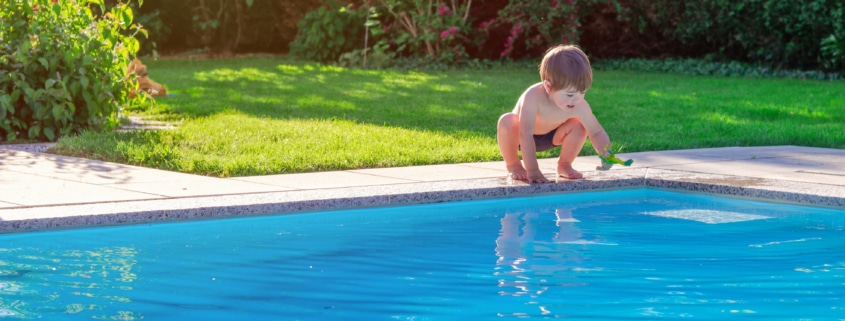If a child is injured due to certain features or objects on the property that were not effectively safeguarded against the potential of wandering children, the property owner can be liable due to a concept known as an “attractive nuisance.”
An attractive nuisance is an item or feature enticing to young children, who may venture onto the property to play with the item and end up suffering an injury.
Read on to learn how a premises liability attorney from Lytal, Reiter, Smith, Ivey & Fronrath can help by calling (561) 655-1990 or visiting our site.
Many Things Can Be Considered an Attractive Nuisance
The concept of the “attractive nuisance” only relates to children, not general visitors to your property. Children are not considered trespassers because they are not capable of having the criminal intent necessary for a trespassing charge.
Property owners in Florida have a duty to protect vulnerable persons by keeping any attractive nuisance safe from wandering children or mentally impaired persons like an elderly person with dementia.
Following are a few of the most common attractive nuisances, and a few measures you can take to help safeguard against the potential of harm to any children who might wander onto your property.
Swimming Pools
One of the most common sources of injury and death to wandering children and mentally impaired persons are swimming pools. The appeal of cool water on a hot summer day is natural, and something that homeowners reasonably could expect might draw children onto the property.
To protect against the potential risk of harm to children from drowning or injury in or around the pool, it is important to control access with fences. If the pool is above-ground, a secured ladder to prevent unauthorized access is also helpful.
Landscaping
Some hazards and discarded items on your landscape could pose a risk to children. Under this Florida statute, it is illegal to leave discarded iceboxes, refrigerators, clothes dryers, and other airtight units on your property, as they can be an attractive nuisance to children and “a menace to their health and safety when accessible to them.”
It is important to remove any risk that could suffocate or otherwise harm children from the general lawn and surrounding area, as children are not trespassing when they wander.
Playgrounds
The same playgrounds and playground equipment you have purchased for your own children can be used by a wandering child without supervision, and you could be responsible for the costs and damages associated with their injuries.
To ensure that your playground equipment is only used by children who are authorized and under supervision, securing your gates with latches on the inside helps to prevent wandering children from gaining access to your property.
Tools
While it might be convenient to leave your tools around the yard in between days while handling projects, these same tools can pose the risk of harm to children.
Whether a gas-powered lawnmower or a hammer, a wandering child might experience significant injury if they gain access to the tool and try to use it as an adult would. Keeping your tools secured in a shed with a lock helps to ensure that wandering children are not harmed.
Children Are an Exception to Florida Trespass Laws
While an adult who enters your property without your permission is considered a trespasser who is not owed any duty of safety, under Florida law, children cannot be trespassers.
To be guilty of trespassing the person must have the intent to trespass onto someone else’s property, and children are unable to engage in crimes based on intent.
When a child enters a property without permission, they are essentially considered to be wandering, and property owners have a duty to manage risks on their property that could harm children.
Knowing exactly what might harm a child can be difficult. To help explain who might be liable to an injured child, we’ll briefly consider the factors taken into account.
An owner is liable for the injuries of a child who wandered onto their property if the following conditions are met:
- The owner knew or had reason to know of a dangerous condition that could be trespassed by a child.
- The condition poses an unreasonable risk to the safety of a child.
- The child is too young to recognize the risks associated with the dangerous condition.
- The burden of removing the risk is less than the risk posed to the child.
- The owner failed to remove the risk of harm or to protect a child from the risk.
When you do not effectively safeguard your property against wandering children or mentally impaired persons, you could be liable for their damages.
Was your child hurt on someone else’s property? Let us help.
If your child was hurt on someone else’s property, you could be entitled to compensation to cover the costs and damages associated with their injuries. The same laws that hold you liable to wandering children or mentally impaired persons also protect your children.
For a risk-free, cost-free consultation on your child’s injury, reach out today to schedule a consultation with an experienced personal injury attorney from Lytal, Reiter, Smith, Ivey & Fronrath, or call (561) 655-1990.






